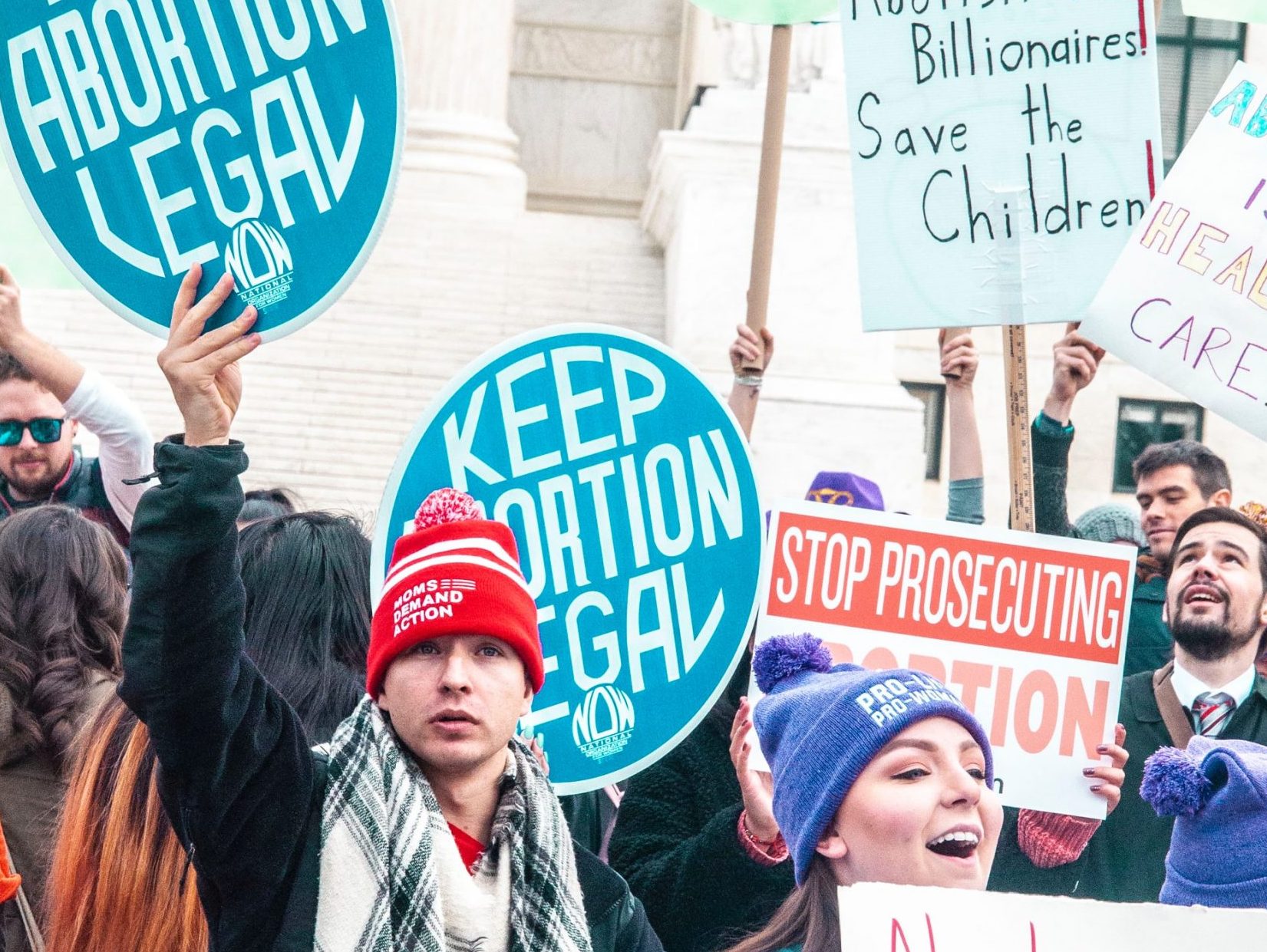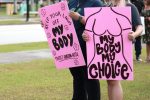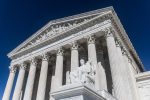Justice Amy Coney Barrett was confirmed to the Supreme Court on Oct. 26, and women across the United States are expressing major concerns regarding their access to affordable birth control and abortion. As 17 court cases addressing abortion and its limitations percolate in the lower courts — and will arrive at the Supreme Court in the coming terms — Barrett’s ambiguous views on abortion and her conservative track record regarding civil rights issues, even compared to the judges on the 7th U.S Circuit Court of Appeals, will be incredibly important in determining the future of abortion and its legality.
However, as the public agonizes over the possibility of further obstacles to reproductive health care access, it’s important to consider the plight of lower-income BIWOC, who have never been able to enjoy the rights that middle-class women are only now scared of losing.
Amy Coney Barrett’s Record on Abortion
Unfortunately, the ensuing panic after Barrett’s confirmation has spread a great deal of misinformation about her real views on abortion. There are tweets claiming Barrett has incredibly conservative views based on a misleading article from Vanity Fair.
https://twitter.com/momsdontrave/status/1320902379982802946?s=20
While the article headline suggests that she said abortion could, in some scenarios, be punished by death, simply reading the article would reveal that the piece is mostly clickbait, which the author partially admits to in the piece.
https://twitter.com/murmalerm/status/1321062125532565505
In reality, the headline derives from an exchange between Senator Sheldon Whitehouse and Barrett on whether she would be open to “subjecting women who get abortions the death penalty.” Barrett simply chose not to answer, continuing her refusal to reply to hypotheticals.
Despite Barrett’s clear public record as a conservative judge, she has actually kept her views on abortion and its legality and morality undisclosed. Even her appointee, President Donald Trump, who has sworn to repeal Roe v. Wade, has feigned ignorance when questioned about Barrett’s abortion views.
Is the Panic Justified?
However, evidence that Barrett’s views on abortion do not stray far from other conservative judges has recently circulated across social media. Alongside Justice Frank Easterbrook, Barrett has expressed the desire for a rejected Indiana abortion law — with provisions requiring fetal remains be buried or cremated and barring abortions because of a fetus’s race, disability or sex — to be reconsidered.
She has also joined the dissent that sought to have a three-judge panel reconsider a ruling that would force doctors to notify the parents of a minor seeking an abortion.
In 2006, Barrett added her name to a list of other Michiana, Indiana citizens who signed a “right to life ad” that was sponsored by an anti-abortion group. When speaking to an audience 10 years later, Barrett affirmed her belief that abortion should be further regulated. “I don’t think the core case — Roe’s core holding that, you know, women have a right to an abortion — I don’t think that would change,” Barrett said. “But I think the question of whether people can get very late-term abortions, you know, how many restrictions can be put on clinics — I think that would change.”
In a response to the constant questioning on her current political positions, Barrett has stated that “her personal views” would have “no bearing on the discharge of my duties as a judge.” She has affirmed her commitment to following Supreme Court precedent, otherwise known as the doctrine of stare decisis.
Barrett has previously followed Supreme Court precedent which seemingly opposed her personal views; she voted with the majority to uphold Chicago’s bubble zone ordinance, which bars opponents of abortion from approaching someone within an eight feet vicinity of a clinic if the purpose is to engage in protest.
Should We Shift the Conversation?
It is clear that social media has latched on to fearmongering when it comes to Barrett and her views on the legality and possible limitations of abortion. However, it is not unreasonable to suggest that once the Supreme Court begins reviewing cases, the country could possibly see further restrictions on its access.
I understand the panic surrounding Barrett’s confirmation, but the conversation surrounding Barrett still perpetuates the harmful idea that politics only matters when it will seemingly affect the upper echelon of society. Barrett’s confirmation will impact every single woman in the U.S.
Understanding this concept can begin with an assessment of the public reactions to the Trump administration in general. People who haven’t been politically active were shocked at the amount of depravity seen in the current presidential cabinet, and they have thus been much more vocal about their outrage.
However, when examining the lived experiences of Black and brown women who have seen this depravity in their own lives, Trump and his administration are not the cause, but simply the reaction.
People are scared that Trump’s ability to appoint Supreme Court justices will just now start to affect their basic human rights. While it could be true, there is still privilege in the ability to believe that your rights could be violated only in the current reality, and if a better presidential candidate is chosen in the future, then there is little cause for worry. The experiences of low-income BIWOC have shown that despite which political party has power, their health and rights are still disregarded.
Truthfully, if Barrett and the conservative majority chooses to unravel previous Supreme Court precedent and undertake steps to gradually restrict access to abortion, high-income white women will likely still be able to safely receive the procedure — albeit, perhaps not legally.
The real victims of Supreme Court rulings will be lower-income BIWOC, who are already unable to receive full access to abortion clinics and affordable reproductive health care. While Roe v. Wade did decriminalize abortion, the 1977 Hyde Amendment barred federal funding for almost all abortions, making the procedure too expensive for lower-income women. Efforts by Democrats to provide affordable abortions have been squandered as compromises for other health care reforms have been prioritized.
The public must recognize that as we worry about the status of our own rights, others have already seen their rights diminished. On Election Day, Louisiana passed an anti-abortion amendment stating that the right to an abortion is not protected in the state. Acknowledging the privilege one has while addressing women in less fortunate circumstances can build a stronger, more inclusive conversation around anti-abortion officials such as Barrett.

















